Business
Nigeria Loses N300bn To Gas Flaring In Seven Months

Gas flaring in Nigeria’s oil fields has taken a huge toll on the economy, as the country flared 225.1 billion standard cubic feet of gas, (bscf) between January and July 2020.
The monetary value of the burnt gas in the international market is $787.7 million (about N299.33 billion).
This comes against the backdrop of the huge revenue losses arising from the impact of the outbreak of Coronavirus, COVID-19, pandemic, which crashed both volume and price of crude oil sales.
According to the National Environmental Economic and Development Study, (NEEDS), the environmental cost of gas flaring in Nigeria is $94 million (about N35.7 billion) yearly.
The volume of gas flared was an equivalent of 12.0 million tonnes of carbon dioxide emission.
A report from the Federal Government’s Gas Flare Tracker, stated that the 225.1 bscf of gas flared by the oil and gas firms in the first seven months of 2020 was capable of generating 22,500 gigawatts hour of electricity.
Giving a breakdown of the volume of gas flared in the period under review, the report stated that 136.0 bscf of gas was flared onshore, while 89.1 bscf of gas was flared offshore.
On a month-on-month basis, the report stated that in January 2020, 40.03 bscf of gas was flared; 32.15 bscf in February; 37.61 bscf in March, while 38.84 bscf, 36.98 bscf, 37.21 bscf and 2.24 bscf of gas was flared in April, May, June and July 2020, respectively.
Famfa Oil flared 7.6 bscf of gas from Oil Prospecting Licence, OPL, 216; Shell Petroleum Development Company, SPDC, flared 6.9 bscf, 6.7 bscf and 5.4 bscf of gas from OML 11, OML 29 and OML 18 respectively; while Nigerian National Petroleum Corpo-ration’s, NNPC, upstream subsidiary, Nigerian Petroleum Development Company, NPDC, flared 4.6 bscf of gas from OPL 091.
In its report – ‘‘Nigeria’s Flaring Reduction Target: 2020,”, the World Bank, stated: “With almost 8 billion cubic meters of gas flared annually according to satellite data, Nigeria is the seventh-largest gas flaring nation in the world. At the same time approximately 75 million Nigerians lack access to electricity.”
Similarly, an investigation showed that Nigeria continues to flare commercial gas because of many issues and problems, including lack of adequate investments in gas and related sectors, especially power.
Others include much associated gas, which is produced along with crude oil, over-reliance of oil and delay in the passage of the Petroleum Industry Bill, a comprehensive legislation, planned to restructure, encourage investments and bring about more transparency and accountability in the industry.
Business
Minister Inspects Nigeria/Benin Republic-owned Sugar Firm … Decries Decrepit Condition
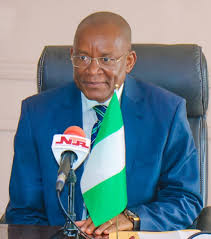
Business
NGA Becomes Official Partner To 29th Gas Conference … As President Set To Address 2025 World Summit
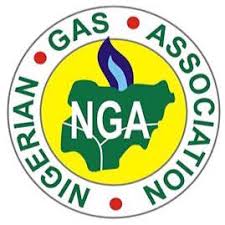
Business
Dangote Refinery Affecting European Oarkets – OPEC

-
Rivers3 days ago
Kirike Chiefs Endorse Ogube’s Leadership … As Chairman Sues For Unity
-
News3 days ago
Tinubu Distributes Palliatives To SUG Presidents
-
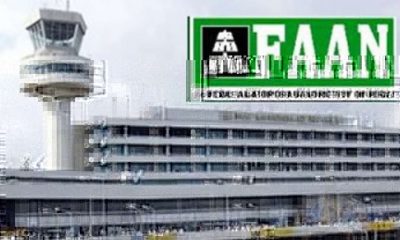
 Niger Delta24 hours ago
Niger Delta24 hours agoFAAN Seeks N580bn For Airport Runways Rehabilitation
-
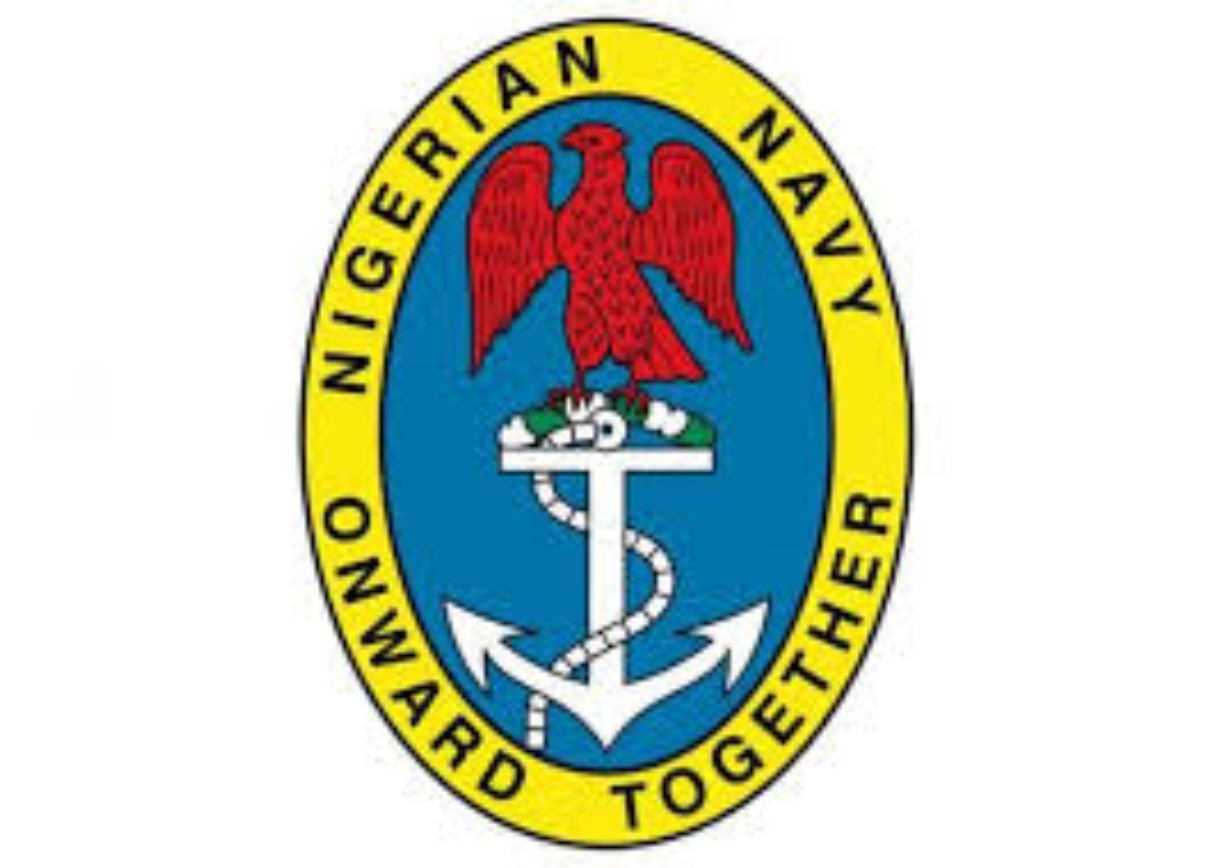
 Business3 days ago
Business3 days ago‘Navy Stern In Fight Against Oil Theft’
-
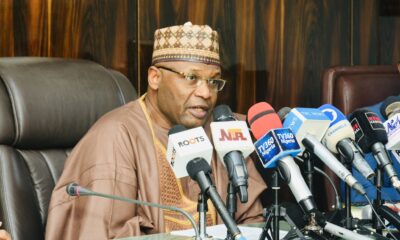
 Politics3 days ago
Politics3 days agoFire Razes INEC Office In Delta, Destroys 706 Ballot Boxes, Others
-
News24 hours ago
Rivers Plans Elderly Home, Remodelling Of Children’s Home
-
Business3 days ago
Subscribers Set To sue Telecos Over Proposed Tariff Hike
-
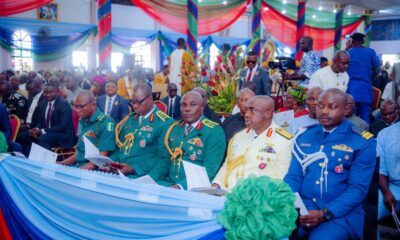
 News3 days ago
News3 days agoLet’s Celebrate Gallantry Of Soldiers More While Alive Than In Death – Fubara

